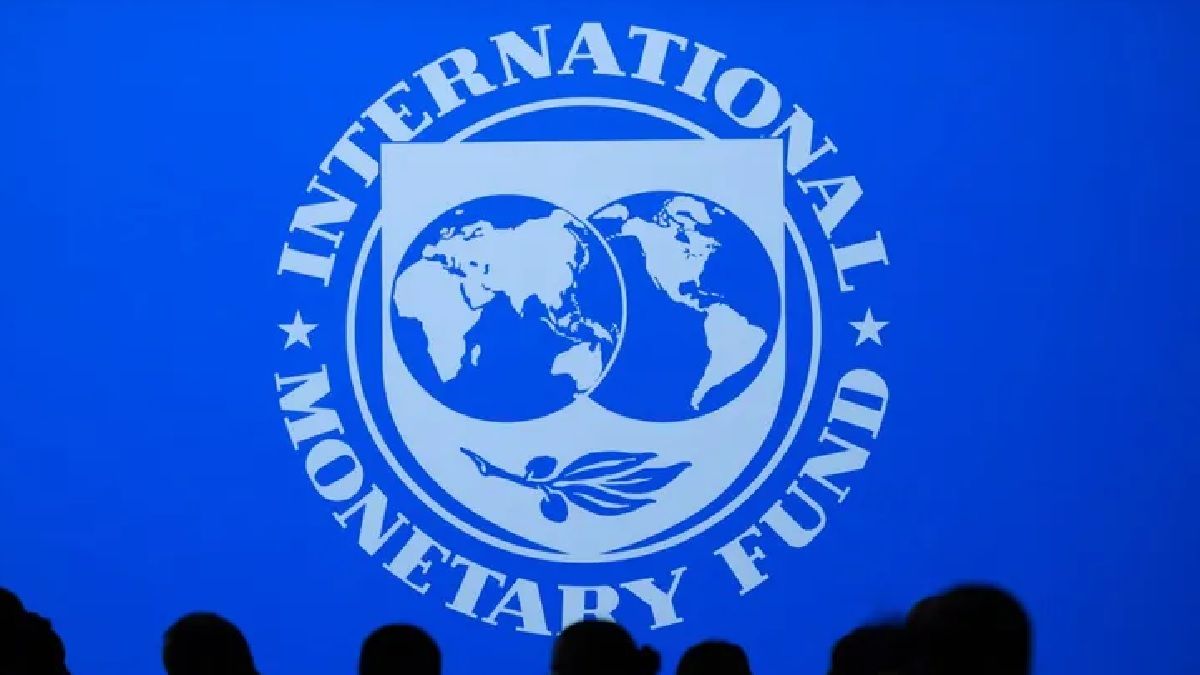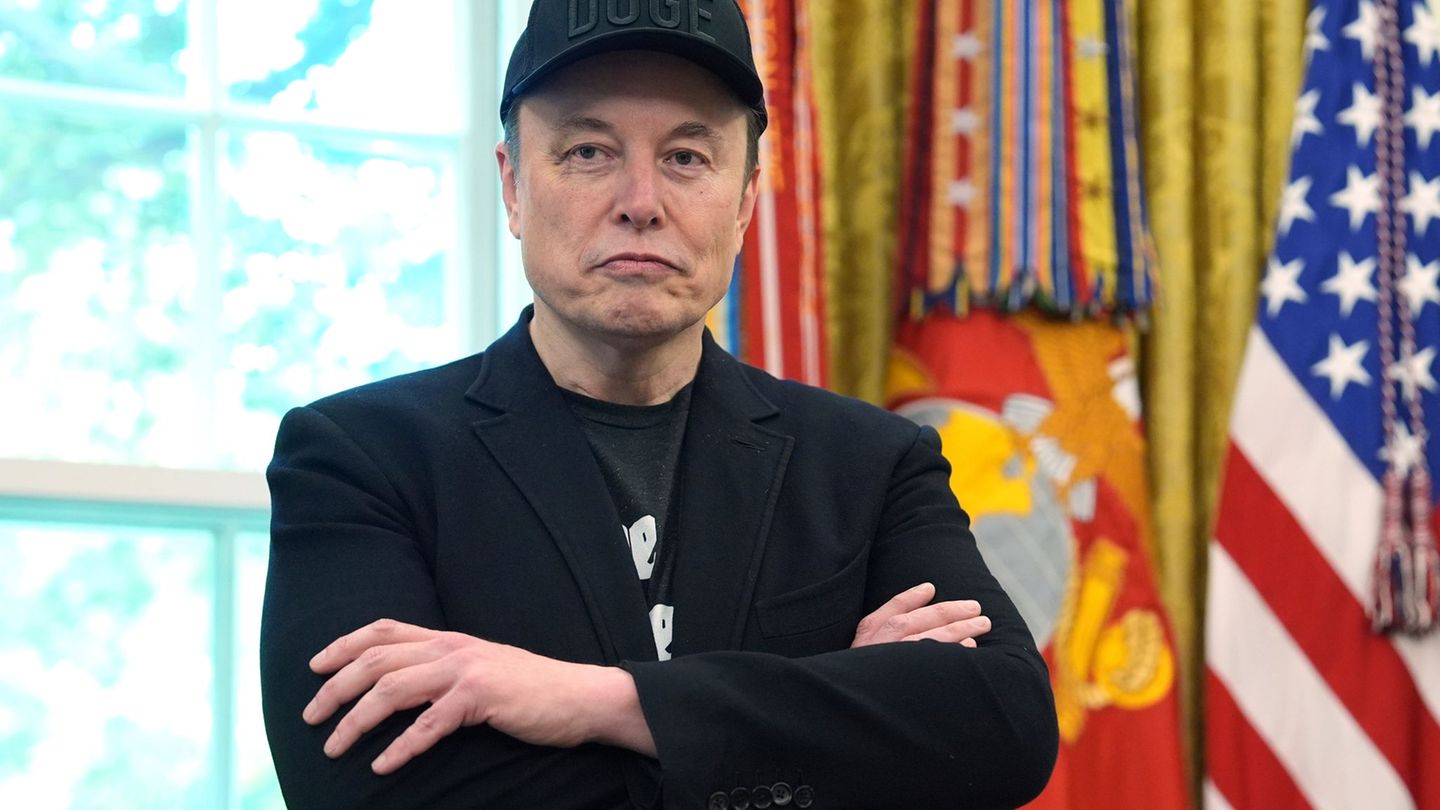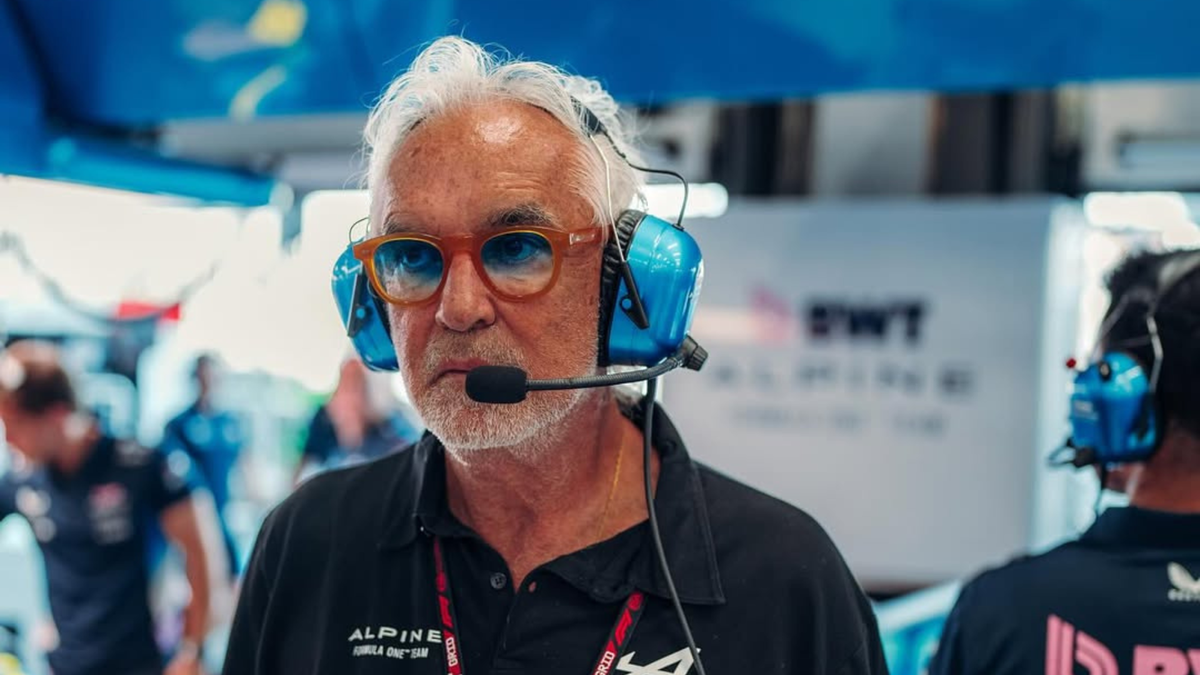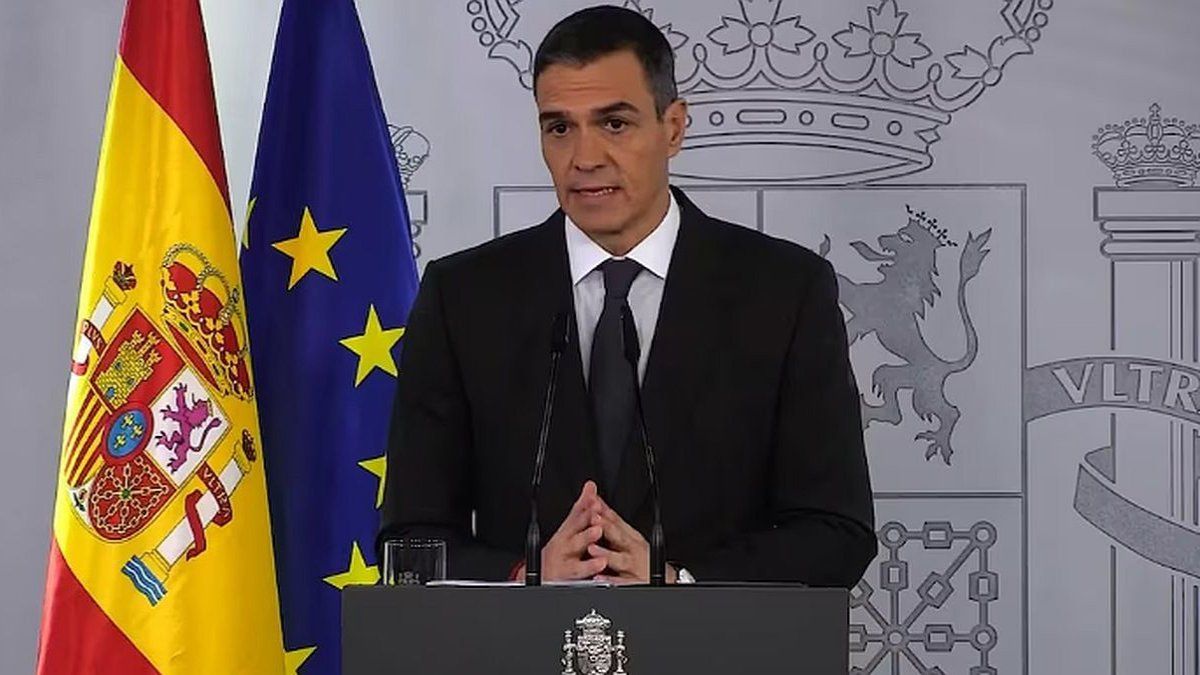The group added that the sanctions had so far “significantly undermined Russia’s capabilities in its illegal warfare. We will continue to closely monitor sanctions and take further action if necessary.”
“We will continue to work closely, jointly and with our partners to enforce the sanctions and prevent any attempts to evade or avoid the sanctions. In that context, we call on the other countries to join our sanctions on Russia,” he added.
recentlye, IMF Managing Director Kristalina Georgieva met with Ukrainian President Volodimir Zelensky and Prime Minister Denys Shmyhal, among other senior officials. “The most important thing that I take away from the visit to Ukraine is that the Ukrainian economy works and that the Ukrainians are strong,” Georgieva told Euronews in a videoconference interview after the trip.
“What we have seen in recent months is (Ukraine’s) determination to make the right decisions on the political front and support the revitalization of the economy.” Georgieva has highlighted three key areas in which Ukraine has made progress: fiscal policy, monetary policy and the fight against corruption.
denys monastyrsky ukraine helicopter accident.jpg
“On fiscal policy: last year they collected more than 36% of GDP in taxes. For anyone who knows a country affected by war, this is absolutely staggering,” said the head of the IMF.
“They’ve kept inflation in check at 25%. It’s high, but nowhere near as high as it could have been in the absence of strong monetary policy.” The IMF estimates that after suffering a 30% GDP contraction in 2022, Ukraine will enter a gradual recovery this year as the country continues to adjust to the new normal under the Russian invasion.
kyiv insists that it needs reliable and constant Western aid to plug the $38 billion shortfall in its annual budget, aggravated by a drastic drop in exports and rising unemployment.
Since the beginning of the Russian invasion, the IMF disbursed two tranches of emergency funds – $1.4 billion in March and $1.3 billion in October – as well as establishing a donor-backed channel.
Source: Ambito




